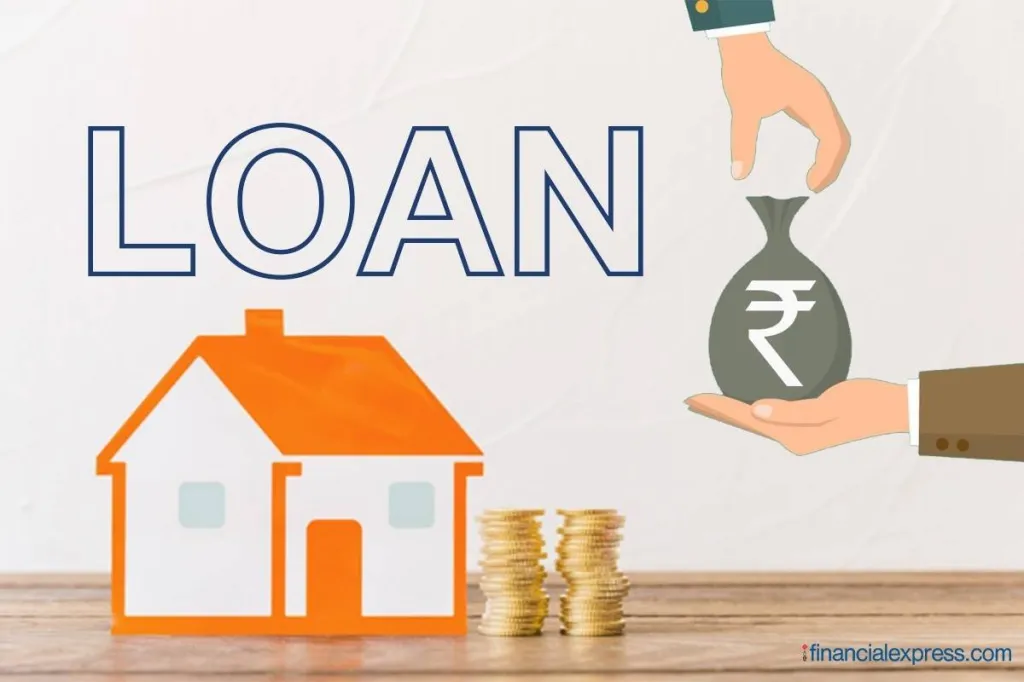By V Swaminathan
Home loan interest rates are at a multi-year low and even the real estate prices of residential properties have remained largely stagnant over the last few years. For those looking to buy a home of their own, the current opportunity may well be utilized to one’s full advantage. The low-interest-rate the environment is also conducive to investors who want to invest in a real estate property through a mix of own funds and loan and many investors are already buying properties through financing across major cities in the country.
But, either you are taking a home loan as an end-user or as an investor, here are some essential things to know before approaching a lender. You can approach a bank offering home loan or any non-banking finance company (NBFC) offering home loans.
1. ELIGIBILITY
The amount of home loan that you will be eligible to get will depend on certain factors such as your income, age, credit score, tenure of loan etc. While income will play one of the biggest roles in deciding the quantum of loan, you can always show the income of your spouse as a co-applicant to the loan. This helps in enhancing the home loan eligibility to a great extent. Overall, the lender will provide a loan, the EMI for which you can serve with around 50 per cent of your take-home pay. The eligibility can also be enhanced by increasing the tenure of the loan as it brings the EMI down.
As a borrower, you can use home loan eligibility calculators available on the net or ask your lender to provide the calculation based on your individual requirement. It is suggested to approach at least 3-5 lenders to establish the optimal home loan amount before finalizing.
2. RATE OF INTEREST
If you are approaching a bank for a home loan, the home loan interest offered will be linked to an external benchmark. For most banks, it is the RBI Repo rate to which a bank’s lending rate is linked. Every time, there is a change in RBI repo rate, home loan rate of interest for the borrower may see a change with a time lag of three months, especially if you have a flexible home loan interest rate.
As a borrower, ask for the bank’s external benchmark rate popularly referred to as the Repo linked lending rate (RLLR) and then see how much is the home loan the interest rate applicable to you. The RLLR could be the floor rate for the banks over and above which the rate may differ for individual borrowers depending on the amount of loan, tenure etc.
In the case of housing finance companies or NBFCs, the lending rate is based primarily on their cost of funds and is still indirectly impacted by the RBI’s repo rate movements. Look for lenders with lower RLLR or lending rate and then compare the home loan rate of interest applicable to you.
3. IMPACT OF CREDIT SCORE
Your Credit Profile plays an important role and allows lenders to offer a lower rate of interest to you. A higher credit score of anything above 750 is preferred by lenders and you can save a lot of interest by availing home loan at a competitive rate of interest rate. Many lenders have started offering lower rates to borrowers based on their credit score. If the credit score is a little less than the magic figure of 750, you may take the necessary steps to enhance it and then approach lenders for loans.
4. DOWNPAYMENT
Most lenders will lend 80 per cent to 90 per cent of the value of the home that you wish to buy. The balance has to be arranged by you from your own sources as the down payment amount. Ideally, choose to arrange maximum down payment and avail a lower loan amount low so as to keep the interest burden lower. If this is not possible at the initial stages, opt for a higher loan amount and repay a major chunk of the loan in the initial period of the loan tenure. This will also keep your interest cost of the home loan low.
5. DOCUMENTS
The documentary proof regarding your income will vary depending on whether you are a salaried, professional, or a businessman. Among others, for salaried borrowers lenders will ask for Form 16 or ITR for the last 3 years, bank statement etc. Depending on your income source, you may be asked for the last 3 years Income Tax returns (self and business), last 3 years Profit /Loss and Balance Sheet including last 6 months bank statements and even GST returns.
Now that you are aware of the essentials of a home loan, it’s time to take action and finalize the home loan by approaching a few lenders. Make the right choice and keep the interest costs low. A difference of a few percentage points can result in you saving several lakh of rupees and have a home that you can call your own.
(The author is CEO, Andromeda and Apnapaisa)






















